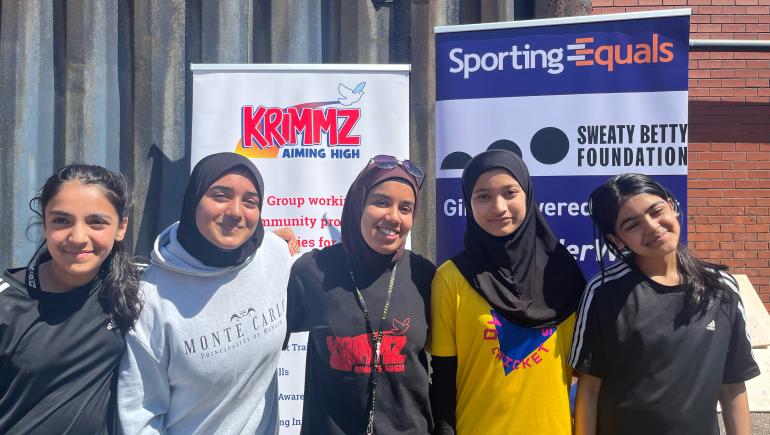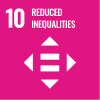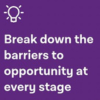As national conversations around equality in sport gain momentum, grassroots organisations are stepping up where traditional systems have fallen short by creating inclusive spaces where minority communities not only feel welcome but truly belong. Often run on limited budgets and powered by volunteers, these grassroots groups are reimagining what inclusive sport looks like, centring accessibility, representation and cultural understanding at the core of their mission. In the second per of her special report, ConnectSport reporter Kate Dening shines a light on two of the organisations leading the charge, each finding their own way to make sport more inclusive, and welcoming for the communities they serve.
PART TWO: KRIMMZ YOUTH CLUB
In Bolton, Khadija Patel plays a key role in KRIMMZ, a grassroots organisation dedicated to uplifting the local Muslim community.
As both a volunteer and chairperson, she helps lead a diverse programme of activities, from educational workshops to inclusive sports sessions, aimed at opening doors that too often remain closed.
A report by the Muslimah Sports Association entitled ‘Muslim Women in Sport’ found that among those respondents who stated they were unlikely to participate in their chosen sports, 64% pointed to the lack of female-only facilities, especially for activities like swimming, and the difficulty in finding comfortable environments to take part. One participant from London commented: “Attending a women-only swimming session and then being told there were male lifeguards completely defeats the purpose.”
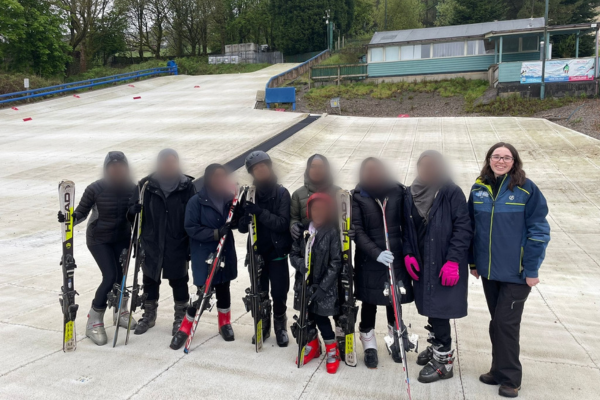
Data from the Youth Sport Trust’s Faith and Culture Report also explores how young people from different religious backgrounds engage with physical activity in the UK. The report highlights key statistics around enjoyment and barriers - particularly for Muslim girls, 28% of whom report feeling uncomfortable in mixed-gender PE classes, making it a significant obstacle to school-based sport.
KRIMMZ acknowledges the specific needs of these individuals. At the core of its approach are the three Ps: provision, privacy, and prayer.
Khadija explains: “At KRIMMZ, it’s all about making sure that our community have access to sports that they are comfortable taking part in, ensuring that their religious cultural sensitivity needs are fully met.”
CONFIDENCE
She adds that when young girls see a hijab-wearing netball coach, it builds trust with both children and parents: “It gives parents confidence knowing their daughters can take part without compromising their religious values.”
By keeping fees low and creating a welcoming environment that respects faith and cultural needs - such as prayer times, modest clothing and the importance of female-only sessions with female coaches - the organisation breaks down barriers and challenges stereotypes around who gets to take part.
Khadija explains: “As a young Muslim person, looking after your physical wellbeing, your spiritual wellbeing and mental emotions are all part of the process.”
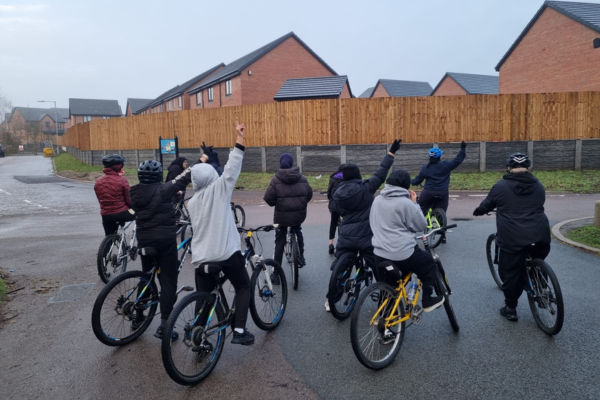
Among the many success stories to emerge from the programme, one young woman’s journey stands out. Once quiet and hesitant to join in, she took her first steps into sport with gentle encouragement from her parents and the steady support of KRIMMZ.
What began as reluctant trying out cricket sessions slowly blossomed into something bigger. Over time, her confidence and commitment soared. Now she is a qualified Level 2 cricket coach, leading sessions twice a week and inspiring the next generation with the same care that once guided her.
Khadija shared her frustration with the way some communities are labelled as 'hard to reach', arguing that the problem isn’t with the people, it’s with the approach. “The issue lies in how people approach them,” she said.
OUTREACH
Khadija insists these communities are not out of reach; they are simply not being engaged in ways that reflect their values, needs or lived experiences. She emphasises the importance of culturally-informed outreach and is calling for a shift in perspective, one which meets communities where they are, not where others expect them to be.
“I believe change is necessary, especially at the top levels of leadership,” she says. “While I’m not questioning their education, there’s a clear need to help them understand what’s truly happening on the ground. If they could see first hand how things work at the community level, they might recognise that this model is effective and worth supporting.”
Read part one of this special report.
Read more stories from Kate Dening here.

